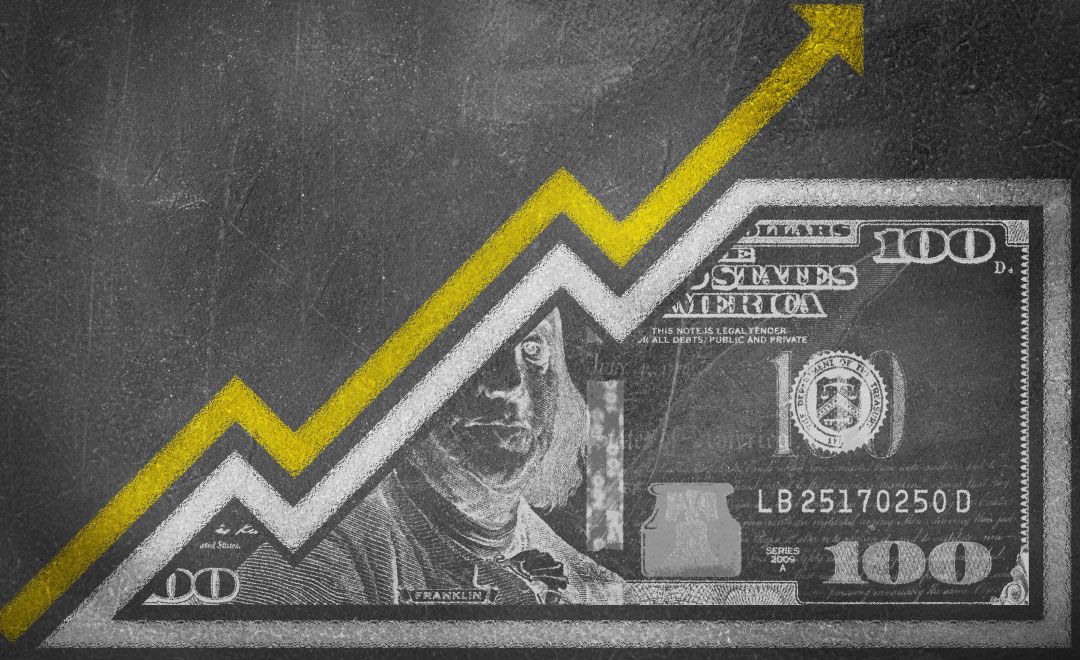Amidst concerns about China’s cyberespionage, Canada has banned Huawei Technologies, a Chinese telecommunications equipment company, from 5G networks. All members of the Five Eyes intelligence alliance, including Australia, Britain, New Zealand, the U.S., and now Canada, are restricting Huawei technology use.
"A woman wearing a face mask walks past a Huawei store temporarily closed due to coronavirus-related restrictions in Beijing, Thursday, May 12, 2022. China's leaders are struggling to reverse a deepening economic slump while keeping a 'zero-COVID' strategy that has shut down Shanghai and other cities.
Mark Schiefelbein/AP" - from NPR.org
Cyberespionage is a cyberattack in which an unauthorized user steals sensitive information for the purpose of taking advantage of a company or government (VMware Glossary). Huawei is the largest provider of network gear for phone and internet companies. The U.S. places the company under strict scrutiny due to security concerns. Last year, China, the U.S., and Canada performed a prisoner swap “involving a top executive from Huawei who had been charged with fraud by the U.S.” (NPR). After Canada arrested Huawei’s CFO, who is also the founder’s daughter, on a U.S. extradition request, China put two Canadians in jail. China sent them back to Canada at the same time U.S. authorities allowed Huawei’s CFO to return to China.
A big concern is China’s cybersecurity law, which requires companies in China to use equipment and software that shares their data and communications with China’s Cybersecurity Bureau. The law does not grant exceptions to foreign companies, and VPNs are barred, which means any entity that engages with Huawei could be exposed to violations of data protection.
While Huawei’s founder adamantly denies that the company engages in cyberespionage, Huawei has been associated with data breaches and involvement with intelligence officials. In 2018, France’s Le Monde discovered that Huawei had installed a system in the African Union’s headquarters that stored the AU’s data on unknown servers in Shanghai (FP). In 2020, “Senior security officials in Uganda and Zambia told the Wall Street Journal that Huawei technicians played a direct role in helping their governments spy on political opponents, and that Huawei staff had encouraged security officials to travel to Algeria to study Huawei’s ‘intelligent video surveillance system,’ which Uganda subsequently purchased for $126 million” (FP). According to the Wall Street Journal, Huawei has had a history of allegations of intellectual property theft and questionable conduct. In 2019, the Australian Strategic Policy Institute released a report revealing Huawei’s involvement in Xinjiang’s surveillance and detention camps, demonstrating its involvement in Uyghur persecution.
Considering Huawei’s less-than-perfect track record and potential for danger, limiting its reach may be a good option.
Questions:
How should countries further bolster their security and enforcement against potential cyberespionage?
What supply chain issues could arise from cutting out Huawei?
Sources:
https://www.npr.org/2022/05/20/1100324929/canada-bans-chinas-huawei-technologies-from-5g-networks
https://foreignpolicy.com/2021/04/30/huawei-china-business-risk/#:~:text=Reports%20alleging%20that%20China%20and,an%20agent%20of%20Chinese%20espionage.









